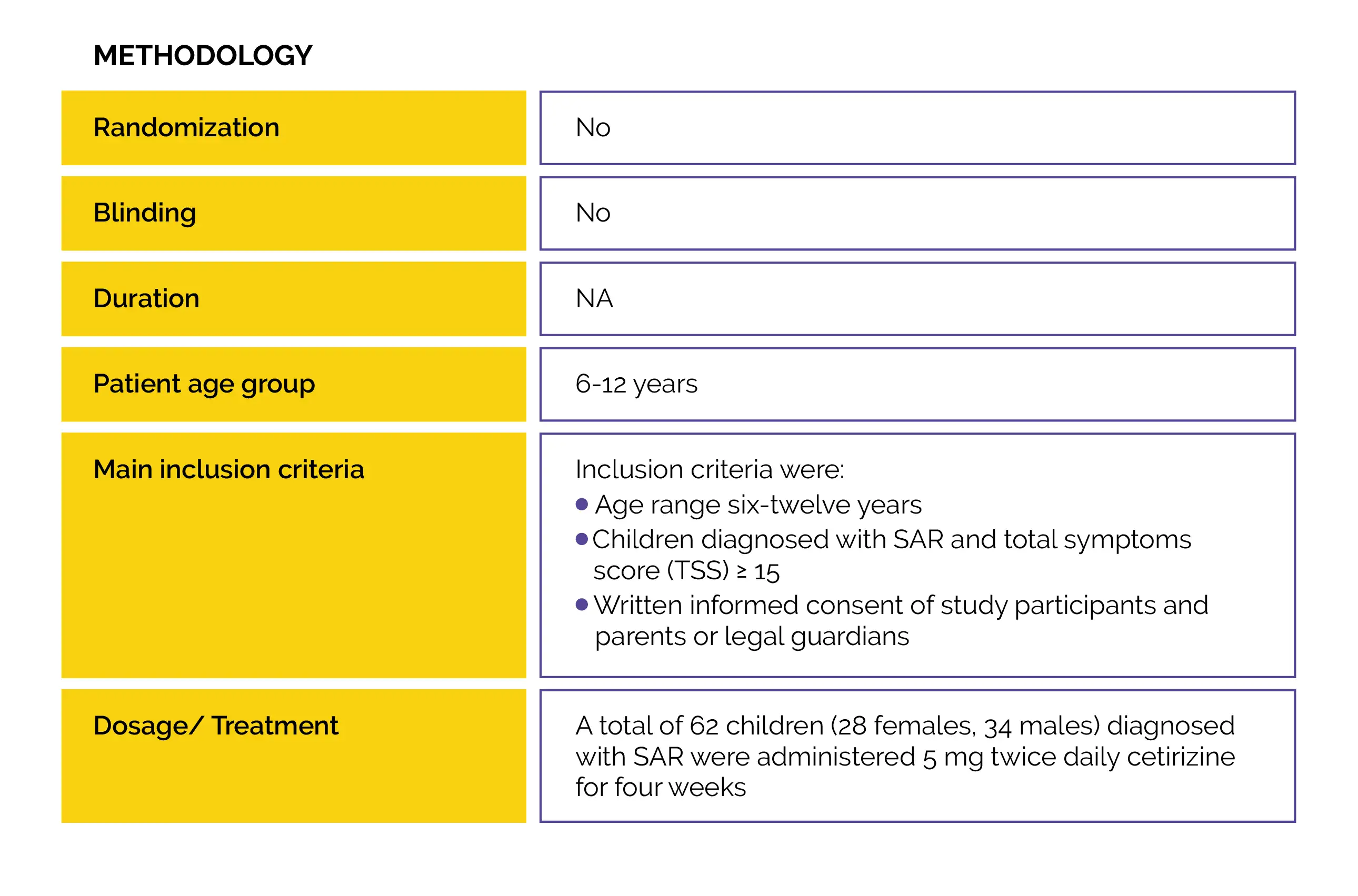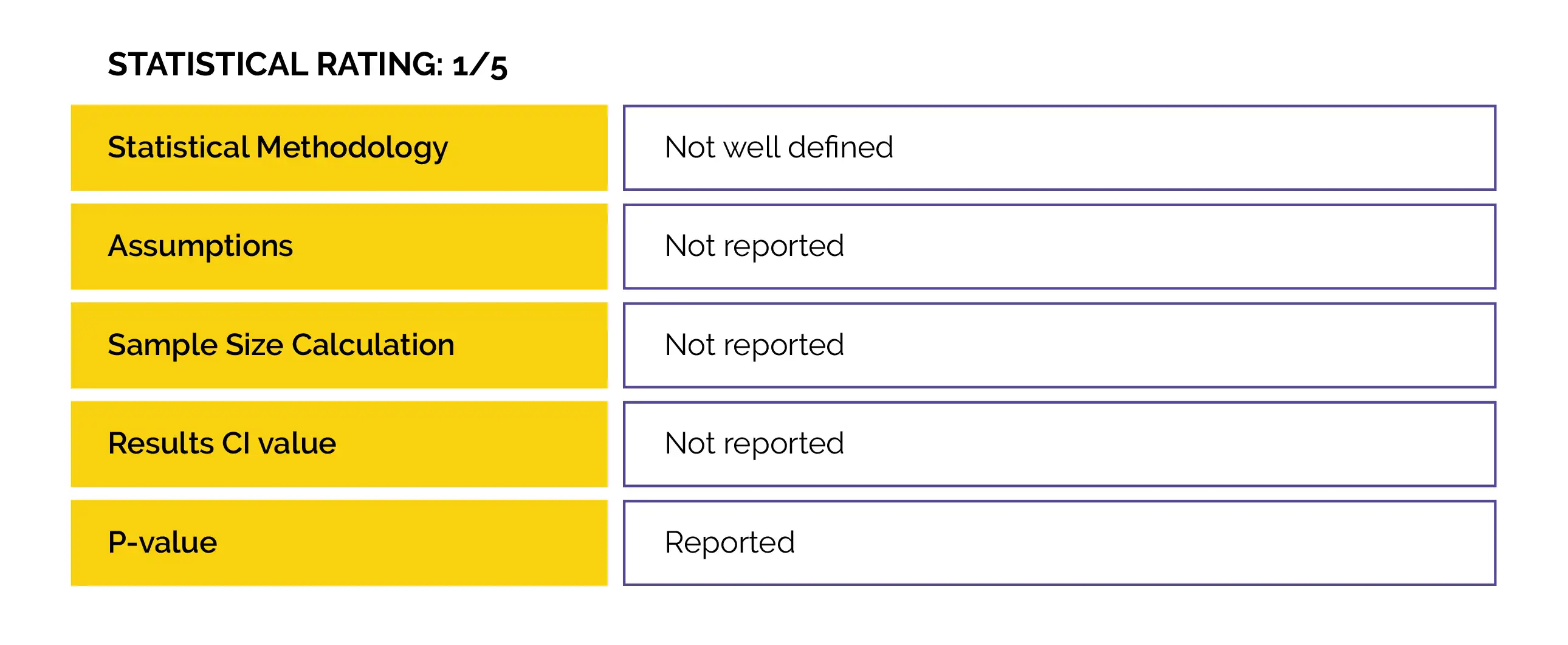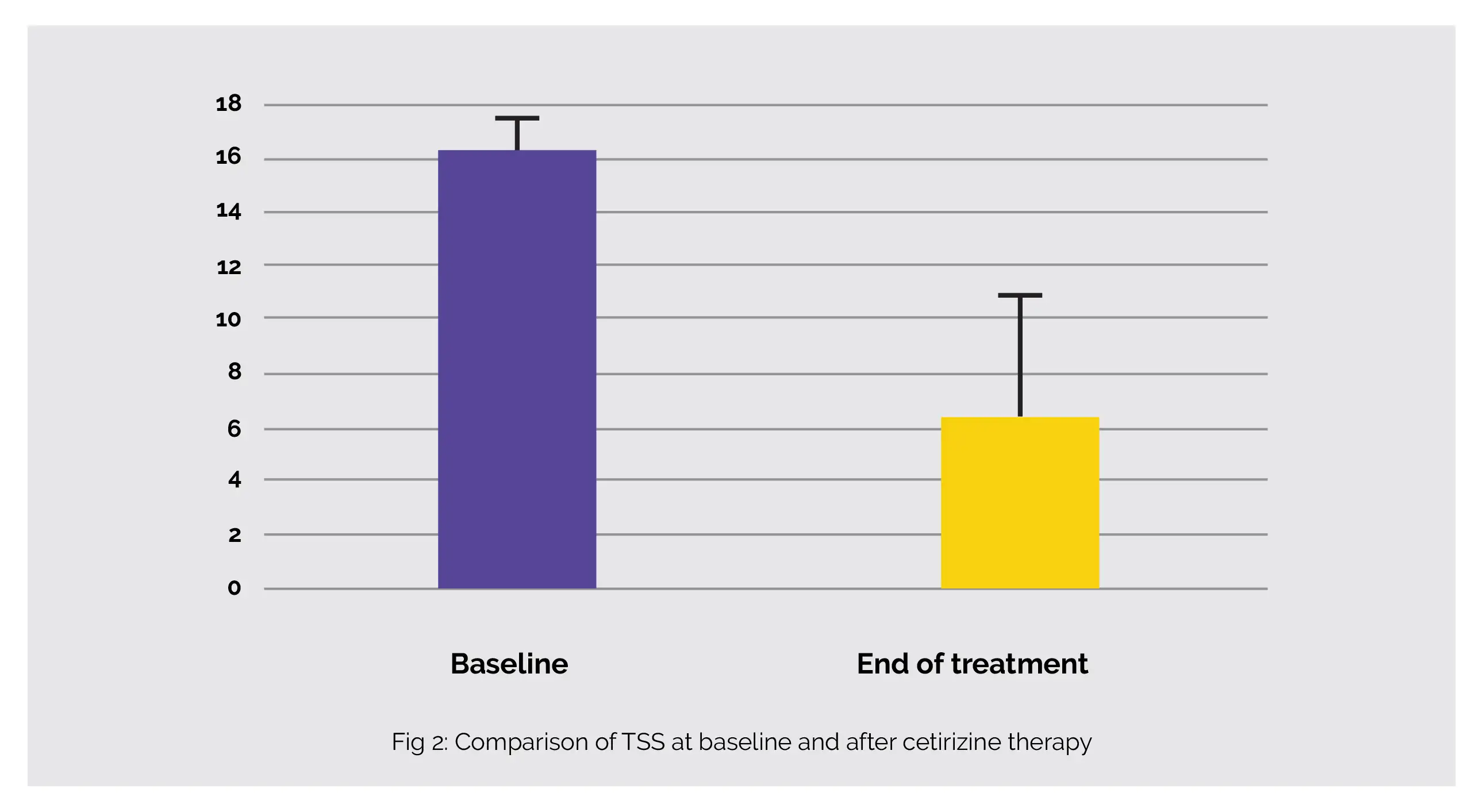Categories
Change Password!
Reset Password!


A common disease, allergic rhinitis, might impact up to 30% of children worldwide. Type 2 inflammation is characterized by eosinophilic mucosal infiltration, T helper 2 polarization, and allergen-specific production and leads to the development of allergic rhinitis.
In children affected by seasonal allergic rhinitis, a four-week cetirizine treatment (5 mg twice daily) was safe, well-tolerated, and led to remarkable improvements in quality of life and reduction in the severity of symptoms.
A common disease, allergic rhinitis, might impact up to 30% of children worldwide. Type 2 inflammation is characterized by eosinophilic mucosal infiltration, T helper 2 polarization, and allergen-specific production and leads to the development of allergic rhinitis. The inflammatory events elicit the development of typical symptoms, including ocular and nasal symptoms.
It includes watery rhinorrhea, itching, sneezing, lacrimation, and obstruction that is the most troublesome complaint and is strongly associated with allergic inflammation. The secretion of histamine from activated mast cells sustains these symptoms. Thus, histamine is an important mediator implicated in allergic rhinitis. Histamine antagonism is an excellent first-line therapeutic choice. Furthermore, allergic rhinitis symptoms are extremely troublesome and irritant in children and considerably impact their quality of life.
Based on the duration of symptoms and the causal allergen, allergic rhinitis is categorized as perennial allergic rhinitis (PAR) or seasonal allergic rhinitis (SAR). SAR profoundly impacts nasal function and is usually burdened by comorbidities. SAR therapy mainly includes intranasal corticosteroids and antihistamines. From this perspective, cetirizine is an effective and safe second-generation antihistamine (H1 receptor antagonist).
Furthermore, long-term cetirizine treatment illustrates optimal clinical outcomes in children. Research has indicated that cetirizine shows efficacy in children suffering from SAR and also leads to improvement in the quality of life of adults and children. But, these studies were performed in the United States. Therefore, the patient's characteristics are distinct from the national ones, primarily concerning the type of allergens, pollination duration, socio-cultural issues, and dietetic behaviors that might impact the gut and airway microbiome.
RATIONALE BEHIND RESEARCH
No study has investigated the influence of long-term cetirizine therapy for SAR management in Italian children. Thus, this observational, retrospective, multicentric study was performed.
OBJECTIVE
A four-week study was performed to investigate the effects of long-term continuous cetirizine therapy on symptoms and quality of life in Italian children diagnosed with SAR


Study outcomes
Outcomes
Baseline: There were no vital differences reported at baseline.
Study outcomes

SAR is a commonly reported disease in childhood. It is characterized by troublesome complaints, detrimental effects on social and personal quality of life, socio-economic burden (including school absenteeism and costs of medicine), and frequent comorbidities. Since histamine is an important pathogenic mediator in SAR, antihistamines are considered the first-line agent for the management of SAR.
Cetirizine is a well-known effective antihistamine. Along with its antihistaminic effect, cetirizine exhibits broad anti-inflammatory effects, including suppression of leukocyte influx, decreased expression of intercellular adhesion molecule 1, and augments production of interleukin 10 and interferon-gamma.
This pilot study enrolled 62 Italian children diagnosed with SAR. The recruited participants were given 5 mg twice daily cetirizine for four weeks. Notably, 2 visits were conducted: Visit 1 at baseline and Visit 2 after four weeks, i.e., end of therapy. It was found that long term continuous cetirizine therapy led to remarkable improvements in quality of life and mitigation in the severity of SAR symptoms.
Cetirizine remarkably impacted all the domains of quality of life. This outcome is of special interest if contextualized in the global concept of an individual's quality of life that embraces all the aspects of everyday life. In this pilot study, no significant side effects were reported. Furthermore, cetirizine treatment demonstrated safety and good tolerability.
The findings of this study showed consistency with the previous studies that depicted cetirizine's efficacy to improve quality of life and disease symptoms. The current study adds the novelty that has been carried out in more Italian pediatric allergy centers and recruited consecutive outpatients in a real-life setting.
The randomized controlled trials involve selected patient populations and rarely mirror the real situation. Therefore, growing attention is paid to real-world studies as they might offer information more adherent to everyday practice. This study was carried out in a real-world setting and showed the benefits of cetirizine therapy for seasonal allergic rhinitis management in the Italian population.
The established efficacy, safety and tolerability data support the long term use of cetirizine for alleviating symptoms and improving quality of life in children having seasonal allergic rhinitis.
Acta Biomedica
Cetirizine modifies quality of life and symptoms in children with seasonal allergic rhinitis: a pilot study
Marco Benazzo et al.
Comments (0)